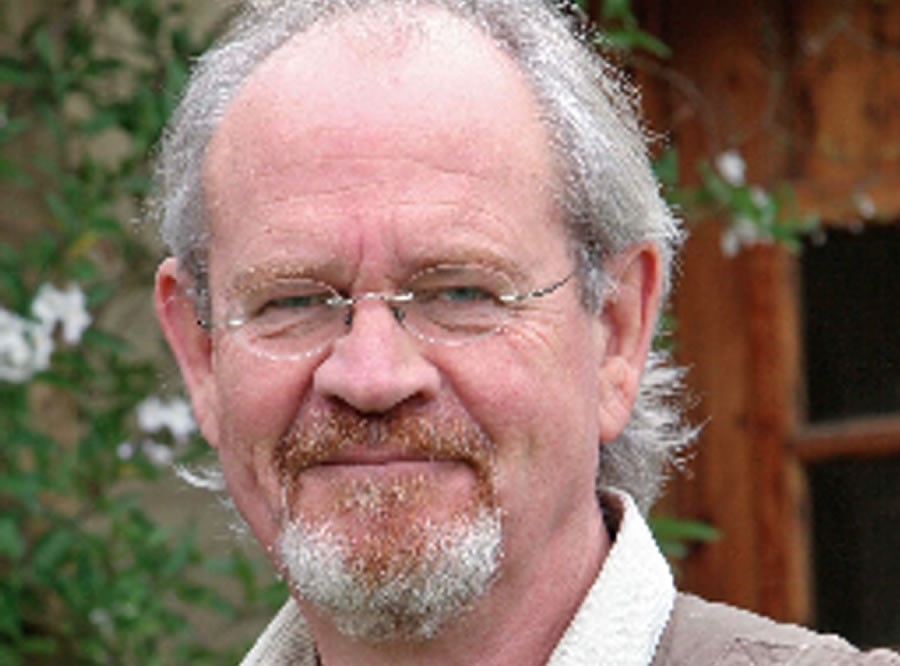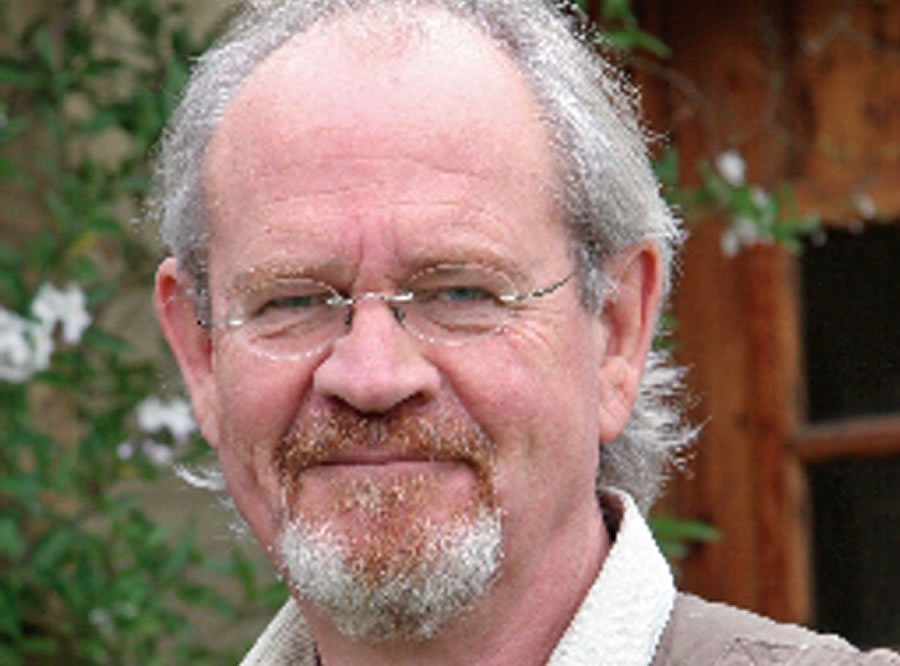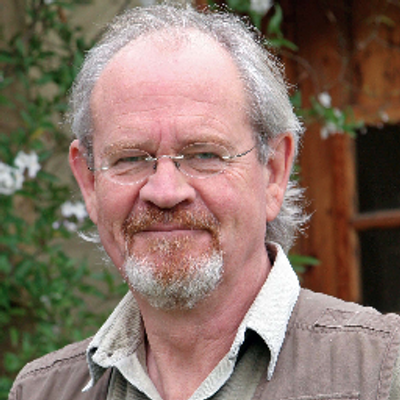
Max du Preez: “Zuma’s opponents have smelled blood”
And so we discovered that our very own Great Man of Africa has feet of clay. Jacob Zuma’s legendary invincibility was dealt a fatal blow on Sunday when his own party comrades and a wave of popular resistance forced him to overturn his own very important decision of just four days before. His opponents in […]

And so we discovered that our very own Great Man of Africa has feet of clay.

Jacob Zuma’s legendary invincibility was dealt a fatal blow on Sunday when his own party comrades and a wave of popular resistance forced him to overturn his own very important decision of just four days before.
His opponents in the ANC alliance have now smelled blood. We can expect them to circle around him like sharks, just waiting for the right moment to attack.
We have reason to believe that Cyril Ramaphosa is one of those circling sharks. There can be no way that the deputy president and ANC secretary general Gwede Mantashe didn’t have a hand in Zuma’s dramatic back flip.
Mantashe, Cosatu, the Gauteng ANC and even elements in the SACP support Ramaphosa as successor to Zuma. The other strong candidate, Nkosazana Dlamini-Zuma, has the nationalists and traditionalists in the ANC, the Women’s League and the Premier League (an ANC lobby group led by the premiers of the Free State, North West and Mpumalanga) as her primary backers.
Zuma’s interests first
Zuma’s humiliating climb-down this week was a blow to this camp.
Even ANC loyalists now know that Zuma wasn’t honest when he declared recently that his first priority was the ANC and then the country. They know now that his own interest and that of his family, friends and financial backers count much more than the interests of the ANC or the country.
We all know that Zuma’s strongest talent is for political strategy and survival, but it has made him arrogant and now he has made the biggest tactical error in his whole political career. He was allowed to capture state institutions, demolish our democracy and enrich himself, his clan and his cronies for so long that he believed he was completely invincible, that he could do whatever he pleases.
He was wrong, and he was forced to back down for the first time during his presidency. More importantly: he is feared no longer.

(By the way, I wrote a column calling Zuma “a one-man wrecking ball” exactly a year ago this week, a phrase now commonly used. The presidency, the thought police on Twitter and many Zuma sycophants called me a racist then and the Independent Newspaper group, for whom I was then writing, apologised to the president, resulting in my withdrawing as a columnist.)
I think it is important for us to recognise that Zuma lied in his statements after the sacking of Nhanhla Nene. Nene wasn’t fired because he was a candidate for a senior job at the Brics Bank. That position wasn’t about to be finalised. Nene could have remained Finance minister until that happened. Nene was fired because he had the guts to stand up to Zuma’s cronies in the Energy department and at the SAA.
A turning point
There is a possibility that we would look back at the Nene/Van Rooyen debacle in the not so distant future and conclude that although our economy had lost billions through Zuma’s bizarre decision, it represented a turning point. It broke the back of Zuma’s power in the ANC and gave the top brass in the Cabinet and Luthuli House their mojo back. It is hard to see how Zuma can ever again make damaging decisions or statements without being corrected by his party.
Yesterday’s press conference by the new Finance minister, Pravin Gordhan, and the impressive men in charge of the Treasury and the Reserve Bank was a case in point.
Gordhan made strong and unambiguous statements about fiscal discipline, debt repayments and state-owned enterprises. His remark that people in charge of such enterprises would not be allowed to use them as personal toys was most likely aimed at SAA board chair and Zuma darling Dudu Myeni.
Even if Zuma hadn’t been corrupt and his personal life a mess, he would never have been presidential material. He is completely out of sync with the dominant modernising part of South Africa – he is an old-order ethnic traditionalist and African nationalist.
Almost seven out of every 10 South Africans live in cities or towns and our cultures and respect for traditional leaders have evolved quite dramatically the last two decades. Our economy is the most sophisticated on the continent and more interwoven with the world economy.
The black middle class is today much, much bigger than the white middle class. This is where the real political, social and economic influence and power lies, not in the traditional areas or among the peasantry, where Zuma is more at home.
There are two very tall hurdles Zuma will have to jump over in the months ahead.
The first is the court cases brought by the EFF and the DA around Nkandla and the reinstatement of criminal charges against him, and the second is the local elections due to take place in May or June.
Zuma’s headaches
If the court decisions go against him and the ANC does badly during the elections, as many expect it would, Zuma’s chances of re-election as ANC president in 2017 must be near zero and the chances of a recall á la Mbeki really good.
These are not his only headaches. Ordinary citizens are going to feel the pinch of a diminishing economy in 2016 and Zuma will get much of the blame. Tens of thousands of mine, steel and other workers are going to lose their jobs in the months ahead. Our universities are likely to face more popular uprisings as they did in October and November. And the EFF warned yesterday that it would make sure that Zuma wouldn’t be able to present his budget speech in Parliament in February.
Min dae, old timer. Perhaps just enough time to ponder the choice between retiring at Nkandla and retiring at Pollsmoor Prison.
* * *
Follow Max du Preez on Twitter: @MaxduPreez
Please view the original article on News24.